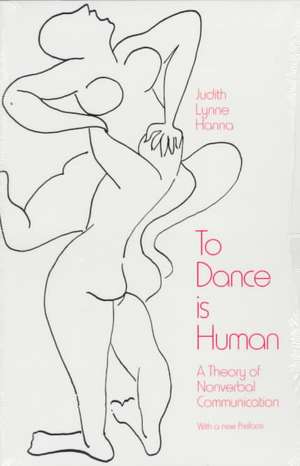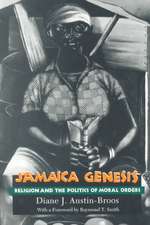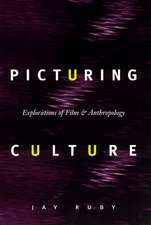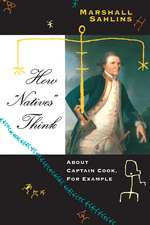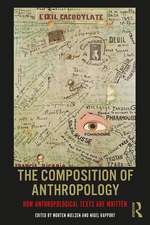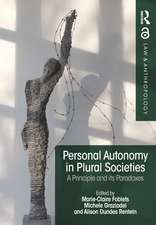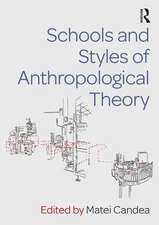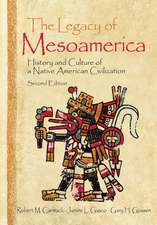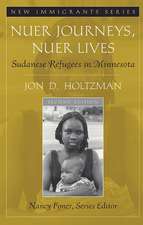To Dance is Human: A Theory of Nonverbal Communication
Autor Judith Lynne Hannaen Limba Engleză Paperback – 31 aug 1987
Exploring dance from the rural villages of Africa to the stages of Lincoln Center, Judith Lynne Hanna shows that it is as human to dance as it is to learn, to build, or to fight. Dance is human thought and feeling expressed through the body: it is at once organized physical movement, language, and a system of rules appropriate in different social situations. Hanna offers a theory of dance, drawing on work in anthropology, semiotics, sociology, communications, folklore, political science, religion, and psychology as well as the visual and performing arts. A new preface provides commentary on recent developments in dance research and an updated bibliography.
Preț: 295.55 lei
Nou
Puncte Express: 443
Preț estimativ în valută:
56.55€ • 59.20$ • 47.07£
56.55€ • 59.20$ • 47.07£
Carte tipărită la comandă
Livrare economică 31 martie-14 aprilie
Preluare comenzi: 021 569.72.76
Specificații
ISBN-13: 9780226315492
ISBN-10: 0226315495
Pagini: 350
Ilustrații: 13 halftones, 15 line drawings
Dimensiuni: 152 x 229 x 30 mm
Greutate: 0.53 kg
Ediția:1
Editura: University of Chicago Press
Colecția University of Chicago Press
ISBN-10: 0226315495
Pagini: 350
Ilustrații: 13 halftones, 15 line drawings
Dimensiuni: 152 x 229 x 30 mm
Greutate: 0.53 kg
Ediția:1
Editura: University of Chicago Press
Colecția University of Chicago Press
Cuprins
Preface
Acknowledgments
1. Introduction
2. Dance?
3. Psyche and Soma: Some Bases of the Human Phenomenon of Dance
4. Dance Movement and the Communication of Sociocultural Patterns
5. Dance in Religion: Practicality and Transcendentalism
6. Dance Rites in Political Thought and Action
Case A. Dance of Anáhuac: For God or Man in Prehistory?
Case B. Ubakala Dance-Plays: Mediators of Paradox
7. Warrior Dances: Transformations through Time
8. The Urban Ecosystem of Dance
9. Directions for the Future
Appendices
1. Dance Movement Data Categories
2. Ubakala Dance-Play Profiles
3. Dance Representations Classificatory Framework
Notes
References
Index
Acknowledgments
1. Introduction
2. Dance?
3. Psyche and Soma: Some Bases of the Human Phenomenon of Dance
4. Dance Movement and the Communication of Sociocultural Patterns
5. Dance in Religion: Practicality and Transcendentalism
6. Dance Rites in Political Thought and Action
Case A. Dance of Anáhuac: For God or Man in Prehistory?
Case B. Ubakala Dance-Plays: Mediators of Paradox
7. Warrior Dances: Transformations through Time
8. The Urban Ecosystem of Dance
9. Directions for the Future
Appendices
1. Dance Movement Data Categories
2. Ubakala Dance-Play Profiles
3. Dance Representations Classificatory Framework
Notes
References
Index
